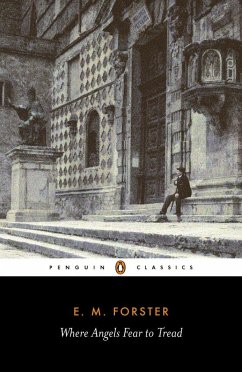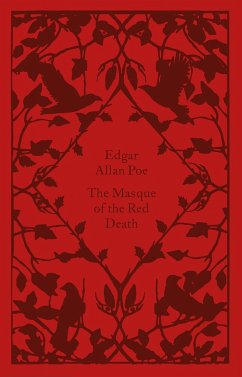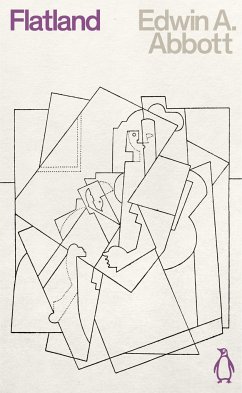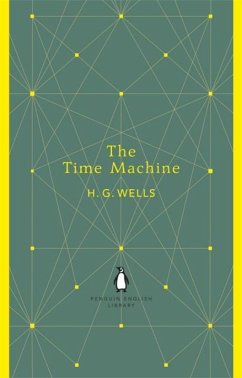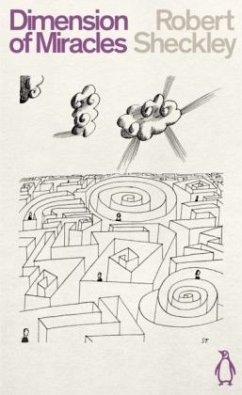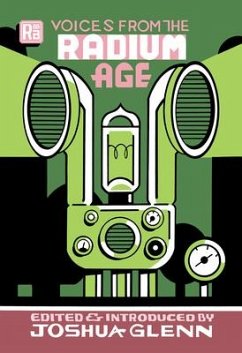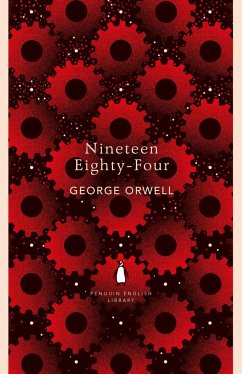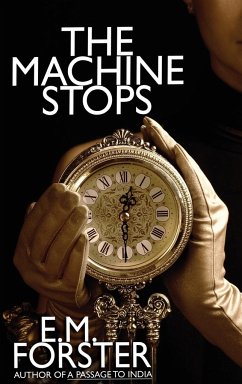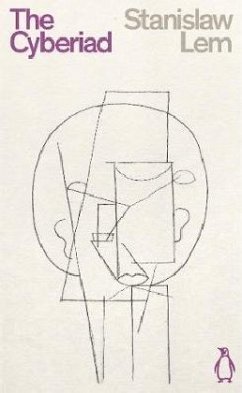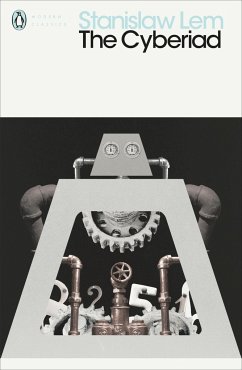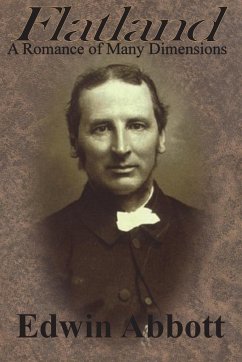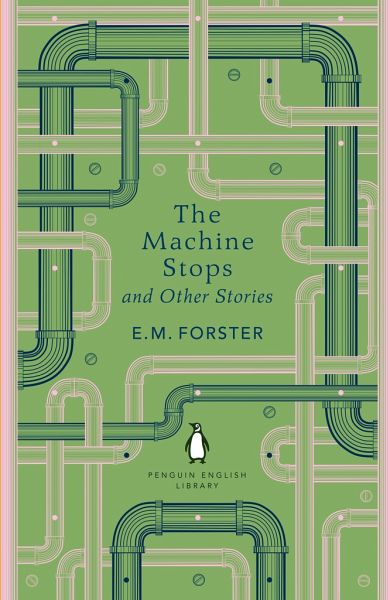
The Machine Stops and Other Stories

PAYBACK Punkte
4 °P sammeln!
A new selection of E. M. Forster's exquisite short stories, now in the beautifully designed Penguin English Library Series'We created the Machine, to do our will, but we cannot make it do our will now. It has robbed us of the sense of space and of the sense of touch, it has blurred every human relation and narrowed down love to a carnal act, it has paralyzed our bodies and our wills, and now it compels us to worship it.'Like his much-loved novels, E. M. Forster's short stories are rich in irony and alive with sharp observations on the surprises life holds. Telling tales of violent events, disc...
A new selection of E. M. Forster's exquisite short stories, now in the beautifully designed Penguin English Library Series
'We created the Machine, to do our will, but we cannot make it do our will now. It has robbed us of the sense of space and of the sense of touch, it has blurred every human relation and narrowed down love to a carnal act, it has paralyzed our bodies and our wills, and now it compels us to worship it.'
Like his much-loved novels, E. M. Forster's short stories are rich in irony and alive with sharp observations on the surprises life holds. Telling tales of violent events, discomforting coincidences, and other disruptive happenings, his sharp and vivid prose has the ability to throw the characters', and reader's, perceptions and beliefs off balance.
Selected to appeal to a new generation of readers around the world, this new selection of short stories in the Penguin English Library series celebrates E. M. Forster's unparalleled skill forstorytelling, beginning with his masterful work of science fiction, The Machine Stops.
'We created the Machine, to do our will, but we cannot make it do our will now. It has robbed us of the sense of space and of the sense of touch, it has blurred every human relation and narrowed down love to a carnal act, it has paralyzed our bodies and our wills, and now it compels us to worship it.'
Like his much-loved novels, E. M. Forster's short stories are rich in irony and alive with sharp observations on the surprises life holds. Telling tales of violent events, discomforting coincidences, and other disruptive happenings, his sharp and vivid prose has the ability to throw the characters', and reader's, perceptions and beliefs off balance.
Selected to appeal to a new generation of readers around the world, this new selection of short stories in the Penguin English Library series celebrates E. M. Forster's unparalleled skill forstorytelling, beginning with his masterful work of science fiction, The Machine Stops.




